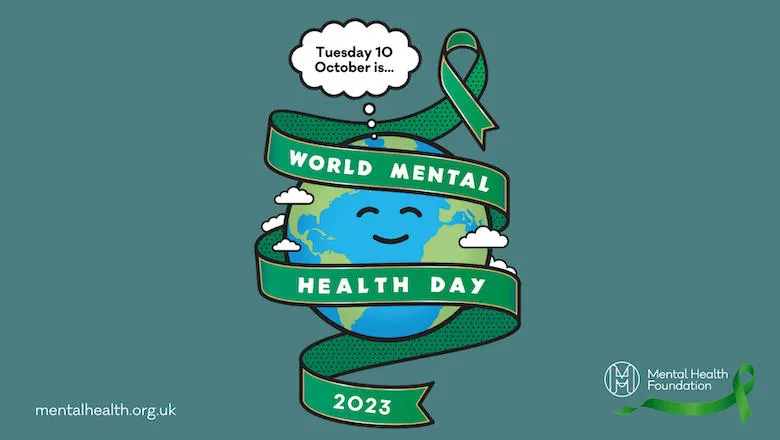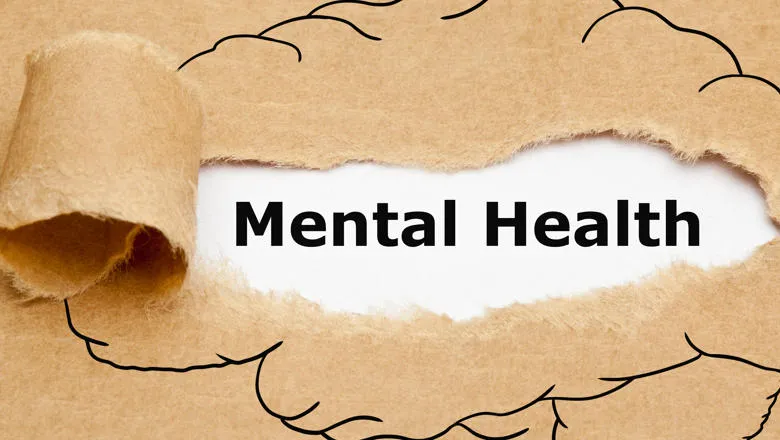
Biography
Dr Annie Irvine is a Lecturer in Social Policy at the University of York, and an affiliate of the ESRC Centre for Society and Mental Health. She joined the Centre for Society and Mental Health in September 2020. Prior to this, she worked for many years in the Department of Social Policy and Social Work at the University of York, where her research focused on ill health, disability and employment in the context of UK social security policy.
Annie has a particular interest in mental health as it relates to employment, job retention and return to work. In 2015 she was awarded a PhD by Publication, drawing on her empirical research on the complexities of managing common mental health problems in the workplace.
She has also conducted research on media technology and loneliness, Street Triage collaborations between police officers and mental health professionals, and telephone delivery of psychological therapies within the NHS IAPT programme.
Research
- Mental health and wellbeing
- Work and employment
- Welfare and social security
- Precarity
- Qualitative research methods
Annie uses primarily qualitative research methods, including interviews and conversation analysis, and has contributed to advances in methodological knowledge through the comparative study of telephone and face to face research interviews.
Annie is currently working on qualitative research around the themes of work, welfare reform and mental health.
The research is exploring the relationships between precarious employment and mental health, the impact of conditional welfare benefits on mental health, and lived experiences of precarity.
Further details
Research

Mental Health & Society research group
Seeking to better understand the socio-political dimensions of mental health and illness in the Global North and South.

Keyworker perspectives on employment support for people with mental health problems
This qualitative project explored employability keyworkers experiences of supporting unemployed and economically inactive people from Action Towards Inclusion.
Project status: Completed

Work, Welfare and Mental Health: Transitions Over Time
Qualitative longitudinal research exploring journeys between work and welfare for people with experience of mental health problems.
Project status: Ongoing

Understanding mental health in the UK welfare system: representations of distress among working-age benefit claimants and their implications for assessment and support
A qualitative exploration of UK benefits claimants' understanding of mental distress and how this affects interactions with welfare and employment systems.
Project status: Ongoing
News
A Mentally Healthier Nation: support from ESRC Centre for Society and Mental Health
The new ‘A Mentally Healthier Nation’ report by the Centre for Mental Health has called for cross-cutting policy to increasing mental health. The report’s...

New paper brings together evidence linking precarious employment and poor mental health
The concise overview illuminates precisely how and why it is that precarious employment has negative implications for mental health, with the aim of...

New report explores the long-term impacts of COVID-19
Members of the ESRC Centre for Society and Mental Health have contributed to a British Academy report exploring the long-term societal impacts of COVID-19.

Features
A few years later: The lasting impact of Better Connect & ESRC Centre for Society and Mental Health's partnership
In 2021-2023 the ESRC Centre for Society and Mental Health and Better Connect collaborated on research looking into experiences of keyworkers working on the...

The mental health conversation hasn't gone too far, but has it become too narrow?
In the second blog of this series on mental health and the UK welfare system, Annie Irvine and Cassie Lovelock highlight the need for a more holistic approach...

Back to Work or Back against the Wall: responding to the 2023 Autumn Statement
The 2023 Autumn Statement has proposed several changes to policy that aim to help people return to work after ill-health but will its approach actually...

World Mental Health Day: understanding the role of our society
On World Mental Health Day, the ESRC Centre for Society and Mental Health is highlighting the need to understand how societal systems, structures and...

We need a ceasefire in the welfare system
An insight from ongoing research into how the welfare benefits system could be improved to better support people with health conditions and disabilities.

What is mental health as a human experience?
Dr Annie Irvine reflects on her own journey with mental health and how she came to ask the question, ‘what is mental health?’ in her research.

Spotlight
Gathering the evidence to reform the welfare system
The recent DWP Green Paper, entitled ‘Pathways to Work: Reforming Benefits and Support to Get Britain Working’ has provoked a great deal of discussion from...

Research

Mental Health & Society research group
Seeking to better understand the socio-political dimensions of mental health and illness in the Global North and South.

Keyworker perspectives on employment support for people with mental health problems
This qualitative project explored employability keyworkers experiences of supporting unemployed and economically inactive people from Action Towards Inclusion.
Project status: Completed

Work, Welfare and Mental Health: Transitions Over Time
Qualitative longitudinal research exploring journeys between work and welfare for people with experience of mental health problems.
Project status: Ongoing

Understanding mental health in the UK welfare system: representations of distress among working-age benefit claimants and their implications for assessment and support
A qualitative exploration of UK benefits claimants' understanding of mental distress and how this affects interactions with welfare and employment systems.
Project status: Ongoing
News
A Mentally Healthier Nation: support from ESRC Centre for Society and Mental Health
The new ‘A Mentally Healthier Nation’ report by the Centre for Mental Health has called for cross-cutting policy to increasing mental health. The report’s...

New paper brings together evidence linking precarious employment and poor mental health
The concise overview illuminates precisely how and why it is that precarious employment has negative implications for mental health, with the aim of...

New report explores the long-term impacts of COVID-19
Members of the ESRC Centre for Society and Mental Health have contributed to a British Academy report exploring the long-term societal impacts of COVID-19.

Features
A few years later: The lasting impact of Better Connect & ESRC Centre for Society and Mental Health's partnership
In 2021-2023 the ESRC Centre for Society and Mental Health and Better Connect collaborated on research looking into experiences of keyworkers working on the...

The mental health conversation hasn't gone too far, but has it become too narrow?
In the second blog of this series on mental health and the UK welfare system, Annie Irvine and Cassie Lovelock highlight the need for a more holistic approach...

Back to Work or Back against the Wall: responding to the 2023 Autumn Statement
The 2023 Autumn Statement has proposed several changes to policy that aim to help people return to work after ill-health but will its approach actually...

World Mental Health Day: understanding the role of our society
On World Mental Health Day, the ESRC Centre for Society and Mental Health is highlighting the need to understand how societal systems, structures and...

We need a ceasefire in the welfare system
An insight from ongoing research into how the welfare benefits system could be improved to better support people with health conditions and disabilities.

What is mental health as a human experience?
Dr Annie Irvine reflects on her own journey with mental health and how she came to ask the question, ‘what is mental health?’ in her research.

Spotlight
Gathering the evidence to reform the welfare system
The recent DWP Green Paper, entitled ‘Pathways to Work: Reforming Benefits and Support to Get Britain Working’ has provoked a great deal of discussion from...

